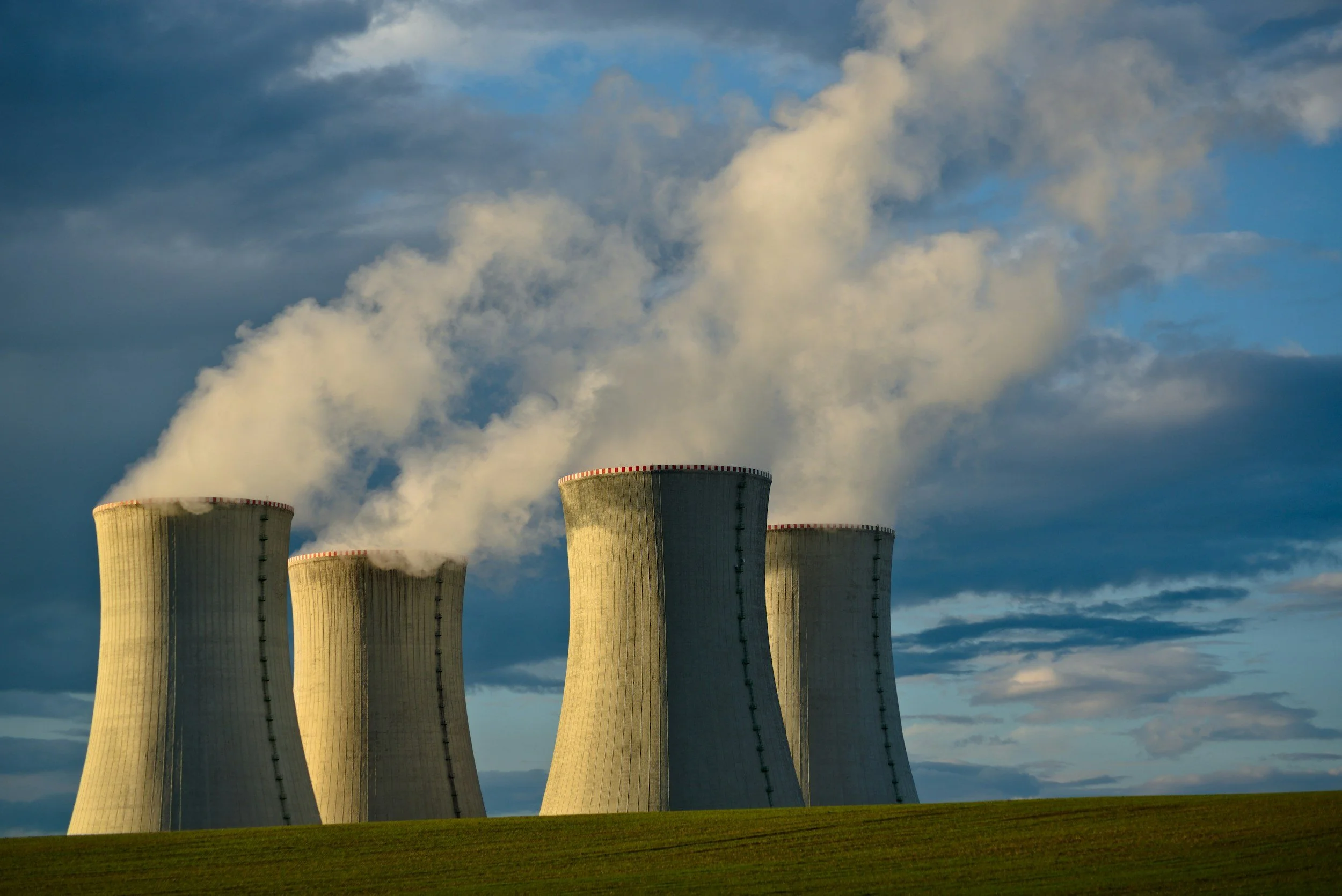The Importance of Saving Public Broadcasting
Federal funding has helped keep public broadcasting stations like NPR, PBS, and several other stations on air for decades. Just recently, the Senate and the House passed a “Recission Act” that will greatly affect this funding. This act is a measure that has the ability to take away money that has already been budgeted by Congress and includes over a billion dollars in funding for public media. With these advances expected to be signed into law very soon by Trump, public broadcasting stations all over the country will take crucial funding hits and, for some, lose the ability to stay on air altogether.
The Corporation for Public Broadcasting (CPB), the organization at the center of the public broadcasting system, is a nonprofit corporation founded by Congress in the late 1960s meant to ensure public access to programs that provide non-commercial, enriching and educational content. CPB is also the largest single source of funding for public radio. The rescission bill will make it so CPB loses roughly two years worth of federal funding.
The rescission proposal targets CPB’s federal funding from October 2025 through September 2027. With the start date coming up so soon, many stations are already scrambling to try and minimize the effects with planning layoffs and money saving moves.
There is currently a large amount of discourse around what will happen to popular stations like NPR and PBS. As of right now, they won’t be fully shut down when this bill is signed into effect, though we will definitely see some of its consequences. Stations in larger markets, like NPR and PBS, can afford to stay afloat after administering layoffs and cost-cutting moves. They also receive funding from a plethora of other sources, not just CPB. For NPR and PBS, this funding cut means scaling back, fewer programs, less localized content, and staff reductions.
While bigger stations like NPR and PBS will be affected by this bill, local stations are the ones we need to focus on helping save. Local stations will be the ones who take the brunt of the hits. We may be able to see the effects of the loss of funding with bigger stations, but we are at less of a risk to lose them completely like we are with smaller stations.
Smaller stations, typically those in more rural areas, are more reliant on federal funding, therefore we are more than likely in danger of losing them when this bill is signed into place. Even NPR stresses the gravity of this fact to its viewers, “Elimination of federal funding would ultimately result in fewer programs, less journalism - especially local journalism - and eventually the loss of public radio stations, particularly in rural and economically distressed communities.”
When the vote to push through with CPB funding cuts passed, leaders from both NPR and PBS spoke out against this move to warn of the consequences it will yield for small local stations. NPR Chief Executive Kathrine Maher stated “Nearly three in four Americans say they rely on their public radio stations for alerts and news for their public safety.” PBS President Paula Kerger backed this statement with a response of her own to the cuts saying, “These cuts will significantly impact all of our stations, but will be especially devastating to smaller stations and those serving in rural areas. Many of our stations which provide access to free unique local programming and emergency alerts will now be forced to make hard decisions in the weeks and months ahead.”
Millions of Americans rely on their local stations for life saving information and emergency reports. The recent devastating Texas floods are just one example of how crucial, efficient and widely accessible emergency alerts are. Without local stations these millions of American’s lives will be put at risk.
Anna M. Gomez, the only democrat on the Federal Communications Commission, spoke out about the link between these cuts and Trump's broader media censorship campaign. Taking to social media platform X, she wrote, “This isn’t about saving money, it's about silencing those who report the news accurately, without fear or favor.”



